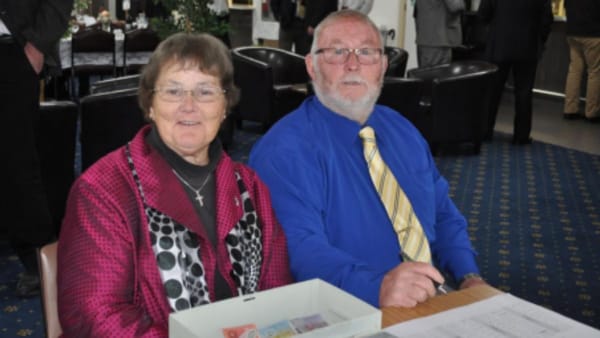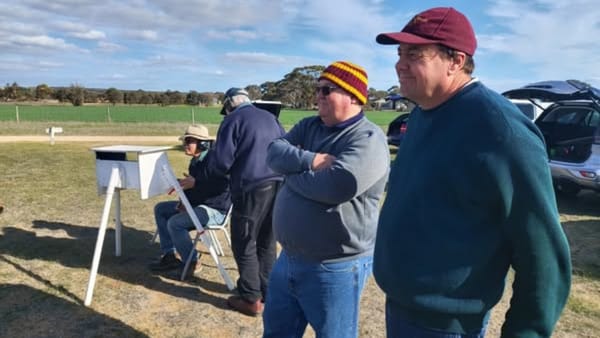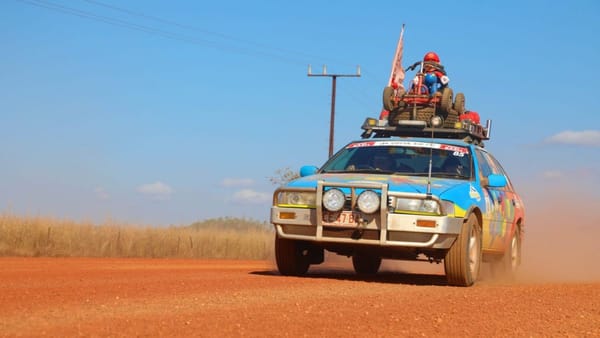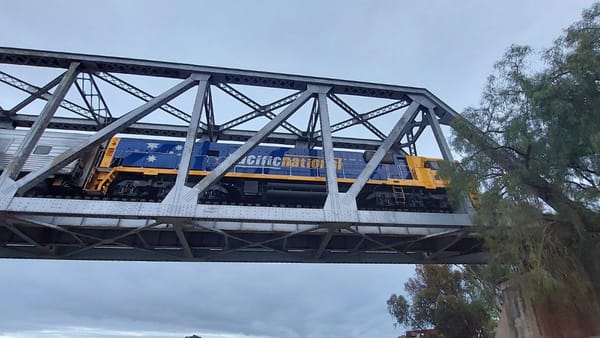Nikita Grosser will represent Australia in a sport you might never have heard about
A Palmer goalball player is seeking donations to help her get to the International Blind Sport Federation (IBSA) World Games in England in August, and here’s how you can help.

This post about a community cause is free to read. Your support helps Murray Bridge News tell important local stories – subscribe today.

Twenty-four-year-old goalball player Nikita Grosser from Palmer has been selected to represent Australia at the International Blind Sport Federation (IBSA) World Games in England this August, but she needs funds to get there.
Ms Grosser needs to raise $5000 to cover expenses to compete in the IBSA World Games in Birmingham, and she has asked the Murraylands community to help her reach that target.
She also wants to raise the profile of goalball, a sport that is not well known and doesn’t attract significant funding in South Australia.
“Spreading the word of goalball will hopefully help grow the sport,” she said.
Goalball is an indoor team sport played by athletes who are blind or vision impaired, with all players wearing blackout eyeshades to give them an equal lack of vision.
Using a tactile court, three goalball players aim to roll a ball into the opponent’s goal, and the three opponents try to block the ball with their bodies.
The ball itself is harder than a basketball and contains bells inside for players to locate where the ball is coming from.
One thing that Ms Grosser likes about goalball is its unique history.
Goalball was invented in 1946 to help rehabilitate war veterans who’d lost their sight during World War Two.
“It’s a sport that’s purely designed for us: We don’t have to share,” Ms Grosser said.
“And it’s the only sport that hasn’t come off an able-bodied sport.”
But goalball’s evolution as a sport for people with blindness or vision impairment is a double-edged sword, as this independence also means that sponsorship’s difficult to come by.
“Because we don’t have the able-bodied arching body, we don’t have a main sponsor for the team [the Aussie Belles Women’s Goalball Team],” Ms Grosser said.
As a result, Ms Grosser, who works as a conveyancing assistant, has been left to raise funds largely by herself to compete in interstate and overseas goalball events, although she has had good local support.
For instance, the Palmer Progress Association has held a dinner and raised funds for Ms Grosser, and her boss has been very flexible.
“He’s very good with the whole sport: He’s very understanding and helpful,” Ms Grosser said.
In spite of such support, her expenses to play the sport she loves are still considerable.
“We do training camps, and they’re all interstate, and our coach worked out it costs $20,000 for each person going to the camp: We joked that within the last three years, we could have an investment house by now,” she said.
“It’s a lot of money, but you bite the bullet because you choose to do it – I’ve gone too far to drop it now.”

Ms Grosser said that going to Birmingham is “one step closer to Paris”, where the Paralympics will be held in 2024, and if her team the Aussie Belles win at the World Games, they will qualify for the Paralympics.
But she is still a fair way off from reaching her $5000 target, so if you can, please support this local lady to represent Australia and grow her career in an interesting and important sport.
To make a tax deductible donation for Nikita Grosser’s IBSA participation, visit the Australian Sports Foundation website.
- More information on goalball: Visit the Paralympics Australia website.
Correction: An earlier version of this post gave Ms Grosser’s surname incorrectly in several places.
Your support helps Murray Bridge News tell important local stories – subscribe today.





